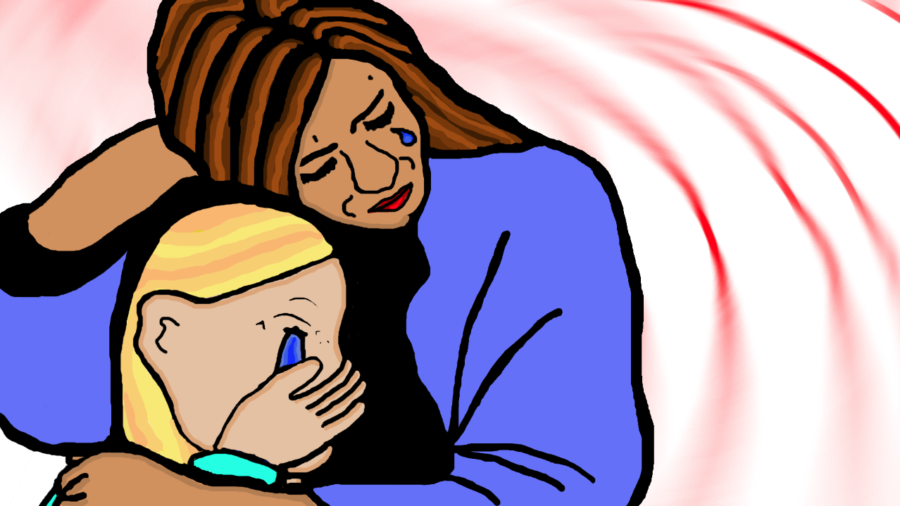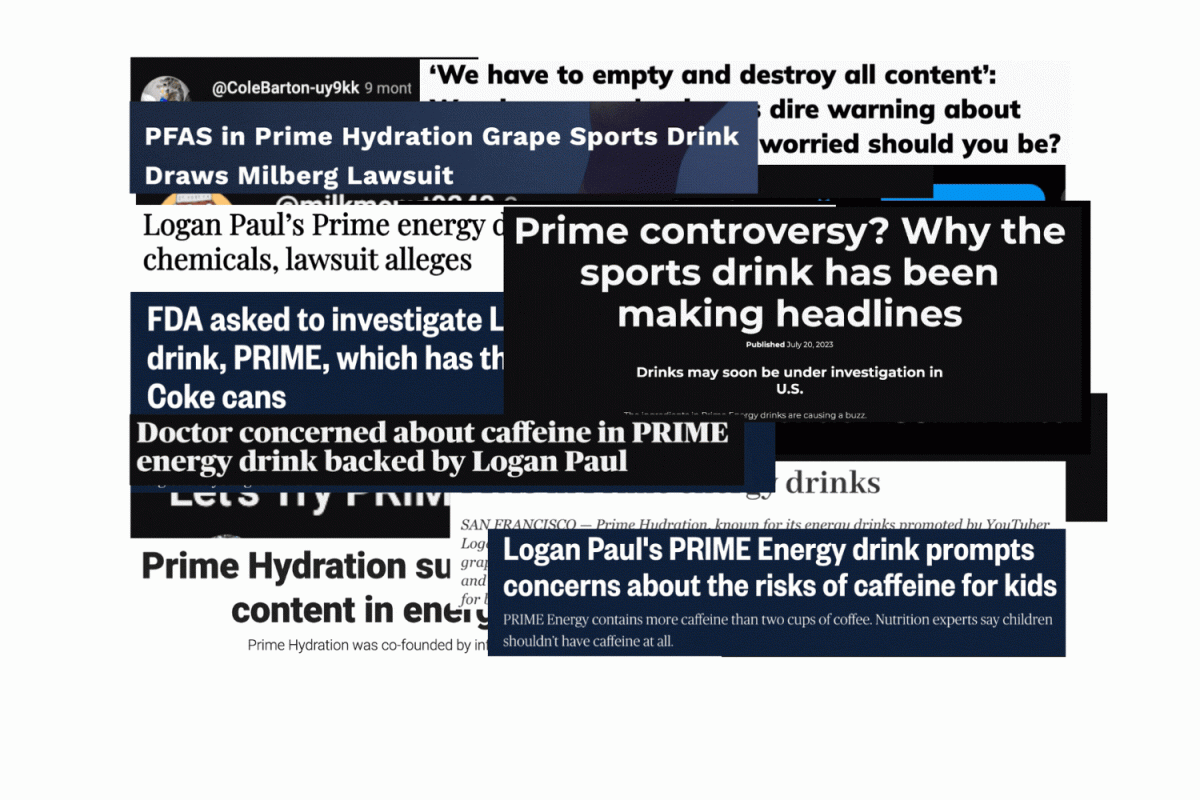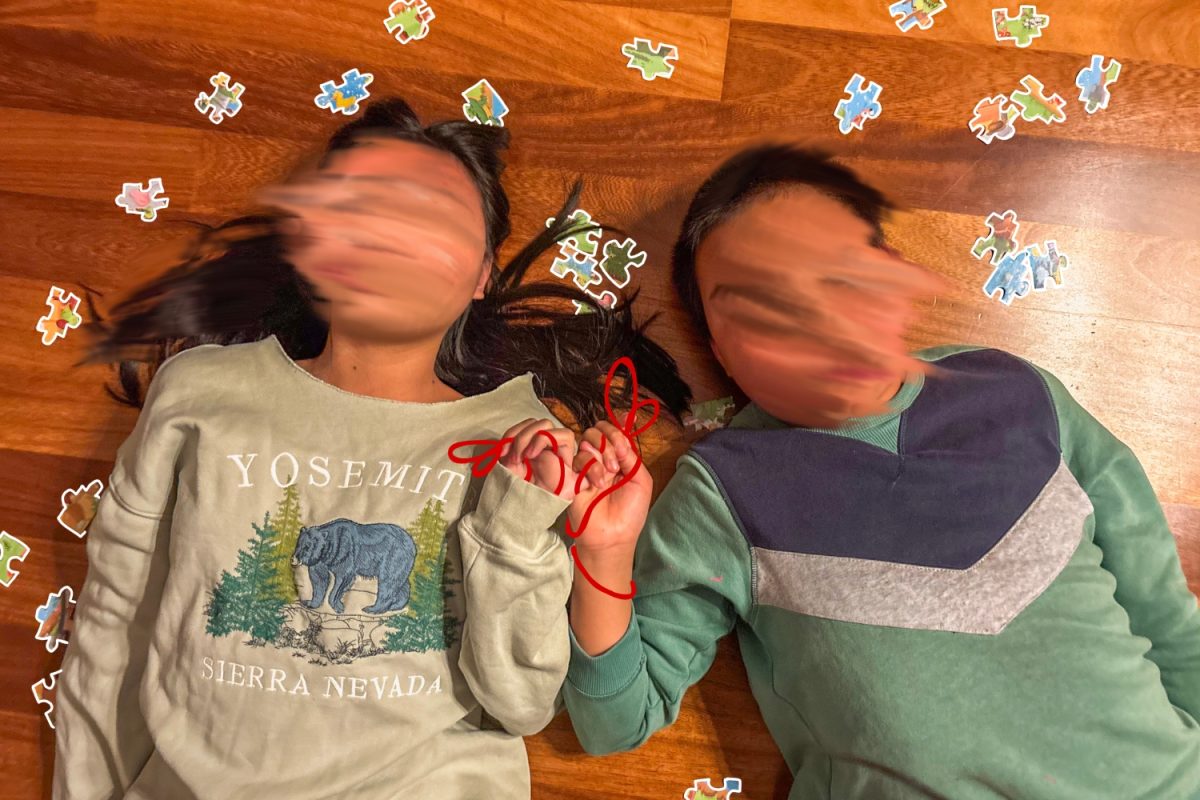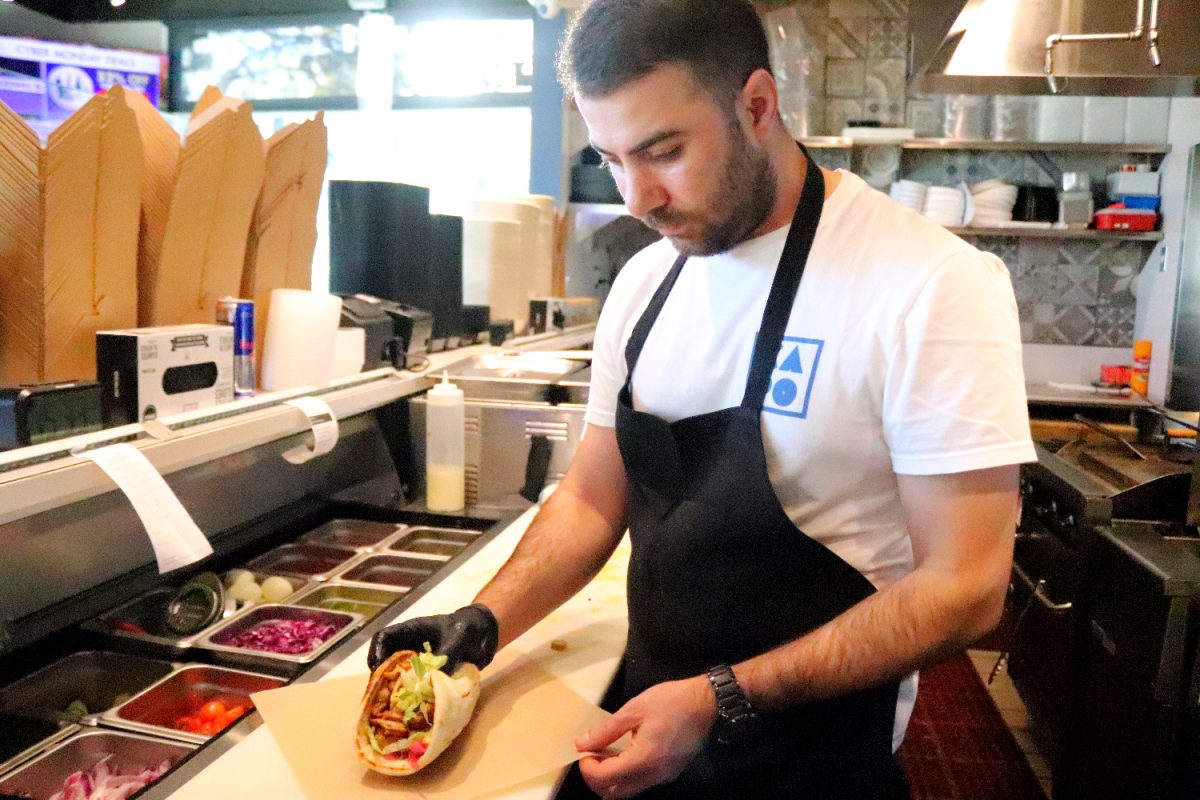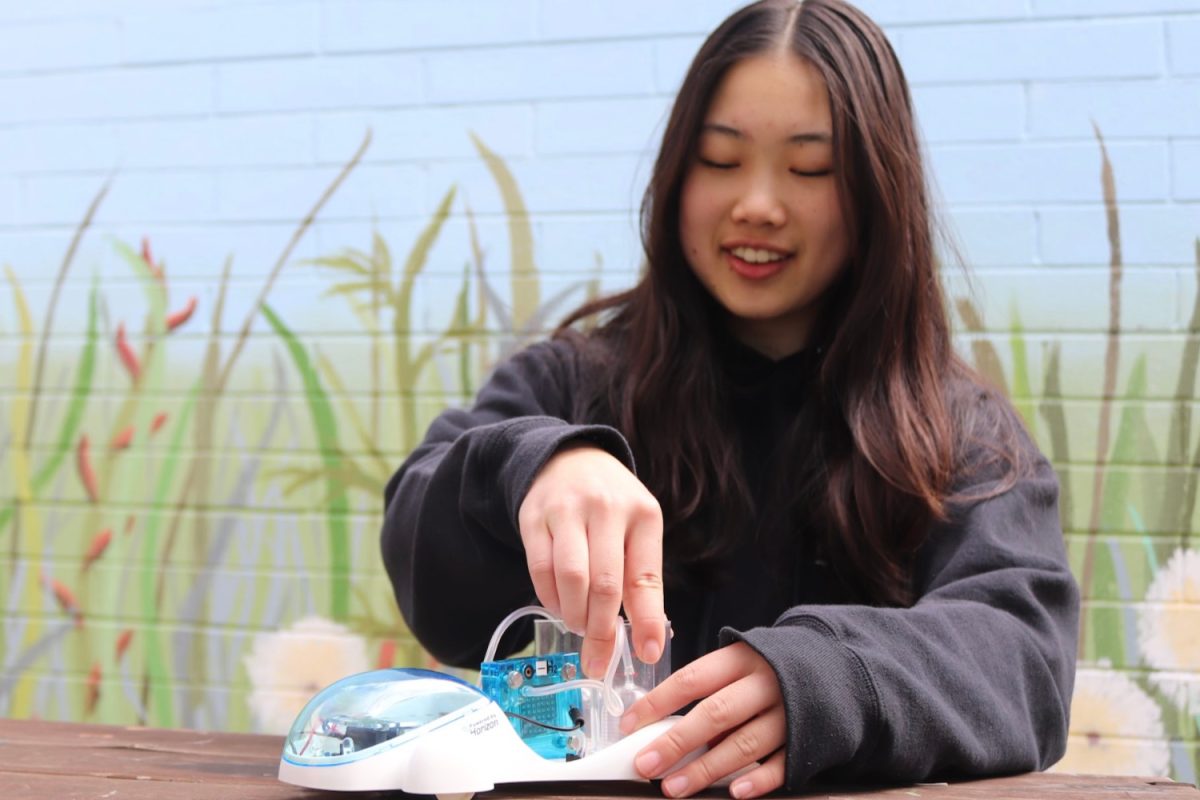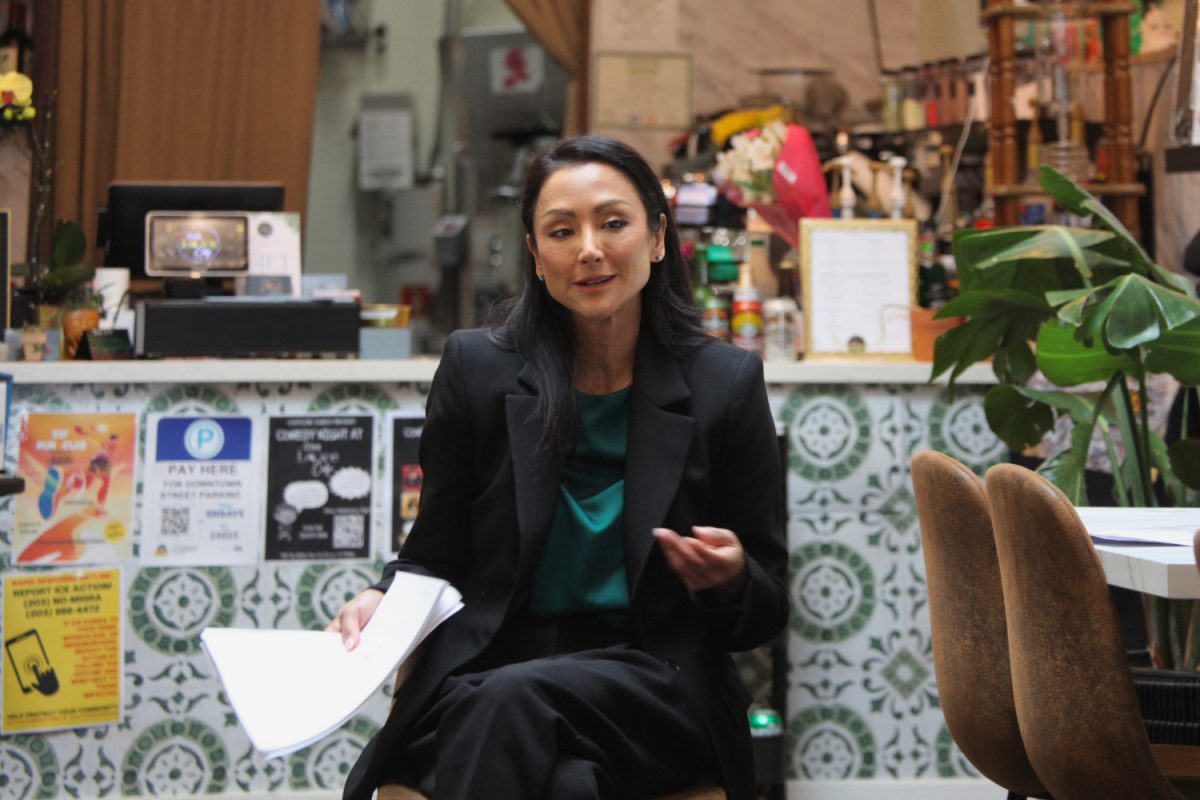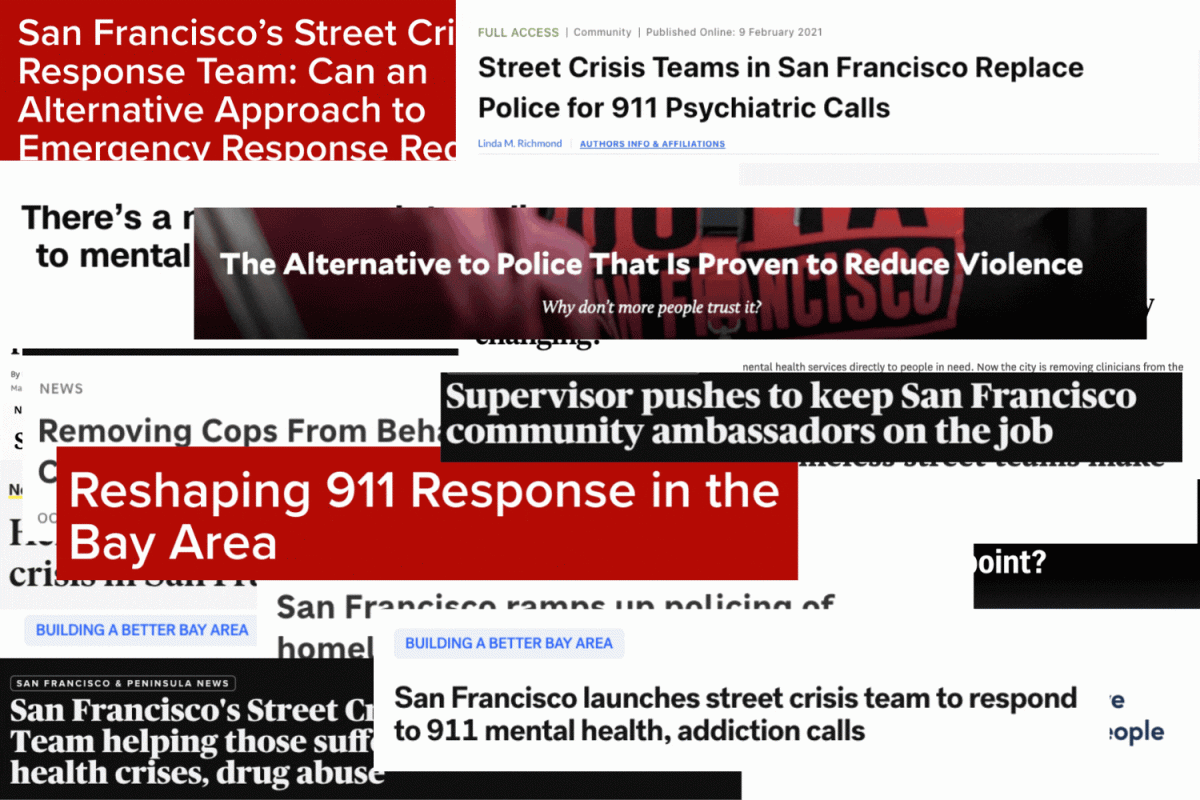DISCLAIMER: This article has themes involving depression, anxiety, and suicide. If these topics are likely to trigger you, it is suggested that you stop reading.
“I want to die.”
It rolls off of your tongue easier than ever before. You slip the graded paper, a red F, back into your binder, not daring to look up at the eyes you fear are watching you. With the comfort of friends, it’s not hard to be vulnerable. After all, you know that they won’t tell anyone, so there’s not a chance anything will be done about it.
Even so, as you say it, you can’t help but feel that something is wrong — with all of it.
Every generation has had its struggles before, but teens have never been more aware of the world around them than they are today. Between this and the rising number of mental health disorders in teens, it can feel like the world is a very dark place.
Its even harder for the 60 percent of American children who are not receiving any form of treatment for their depression. However, teens are well-aware of this issue.
According to Pew Research Center, 70 percent of American teens say that anxiety and depression are major problems in the communities where they live, followed by 55 percent who say bullying and 51 percent who say drug addiction.
What most don’t know about mental illness is that it does not affect all communities equally: African Americans and Latinos are more at risk for depression than Caucasians, women are more likely to be diagnosed with mental health disorders than men, and LGBT youth tend to have more feelings of depression than cisgender heterosexual youth.
However, due to racism in the medical industry, sexism from family members who desensitize their mental illness, or internalized feelings of homophobia or transphobia, these are the same people who are the least likely to find help. Coupled with an occasional lack of health professionals in the communities where they live, it can be especially challenging. Though, no matter what your identity is, your feelings should not be trivialized.
Even if you are feeling lost, you are not alone. Many teens face problems with their mental health each day, and even for those diagnosed, it can be hard to know what to do with the information.
Because of this, many people find different ways to cope with their struggles. Each of these mechanisms is individual to the person and shed a light in the darkness as they navigate through one of the most tumultuous periods of their lifetime.
This is especially true for sophomore Varsha Raj, who was diagnosed with generalized anxiety disorder in the past year.
“People think that anxiety is just when you get nervous, when you hyperventilate, but it’s not just that,” Raj said. “It’s the feeling when your stomach goes empty, and you don’t know why. You feel like throwing up and you don’t know why, and you want to cry and you don’t know why.”
Raj has struggled with panic attacks and feelings of anxiety in the past and knows that mental illness is much more complex than society views.
“Anxiety is more than just anxiety, and it’s not as simple as it sounds,” Raj said. “Everyone says ‘I have anxiety,’ but anxiety leads to depression and depression leads to God-knows-what.”
However, her experiences with anxiety have given her greater insight into mental illness.
“Just know that there is light at the end of the tunnel,” Raj said. “There’s this quote that helped me: ‘the two questions you should know the answer to at all times are who are you and what are your greatest strengths.’ If you know your strengths, and if you know who you are, you can never fall apart.”
Sophomore Alexandra Gische, who was diagnosed with generalized anxiety disorder and depression at ages 14 and 15, respectively, gave her own take on the mental illnesses.
“Anxiety makes it very hard to function normally because I am constantly worrying about things, whether it’s jumping to the worst possible conclusion, or, thinking that the world is against me,” Gische said. “Depression just gives me no motivation for anything. I have no energy to do anything, and I’m always tired. It makes life hard to live.”
She considers it important for people to know that with mental illness, change isn’t instantaneous.
“I can’t just smile, it takes time. It’s not a quick fix,” Gische said. “I’m still realizing this for myself.”
Freshman Anjali Mehta, who struggles with anxiety and depression and was diagnosed at age 14, felt similarly.
“One of the biggest things is to be patient and kind with yourself,” Mehta added. “A lot of times, people will try to fake happiness or fake a smile, but the most important thing is to accept that you have a mental health issue and that it won’t change overnight.”
She believes that it is important for students at Carlmont to make the distinction between counselors and therapists when seeking help.
“The counselors are not therapists, but they try their best to help you and tell you what your options are when dealing with mental health,” Mehta said. “My counselor, Ms. Dominguez, is actually the one who recommended my mom the therapist that I currently have outside of school, and I’m pretty sure if I didn’t have a therapist, I don’t know where I would be on my mental health journey.”
Likewise, when Raj experiences anxiety, she will visit the Carlmont counselors.
However, with the exception of Shelley Bustamante, the school therapist who runs the Students Offering Support (SOS) program, Raj felt that there was room for improvement.
“I think we need to have more Ms. Bustamante’s. The system needs to be a little bit more inclusive, where they don’t just make you sit in the lobby.” Raj said. “It’s not fair to those who are actually having a tough time to have to sit somewhere when they actually want to talk to somebody.”
In particular, she believes that they may unintentionally undermine how students feel.
“Just because you don’t see someone with something so severe, it doesn’t make what they’re going through false or fake, it just means that it’s a unique case,” Raj said.
Both Raj and Mehta agree, however, that mental illness is different for everyone, and that there is an unfortunate number of misconceptions attributed to both anxiety and depression.
“I think that a lot of people think that if you have depression, then you’re always going to seem sad and gloomy. Although sometimes you can get bad moods, people that have depression can still laugh, talk, and be happy with their friends. It’s a lot more than just sadness,” Mehta said. “It’s a feeling of emptiness and loneliness, even when you’re surrounded by people.
Sophomore Mason Hoeflich, who was recently diagnosed, concurs.
“I feel like people misinterpret the severity of depression, that it’s just being sad.” He said. “It’s more like a hopelessness, helpless, desperate cry for help, in a way. It’s more severe than just ‘I’m feeling down today.’”
For sophomore Eyvnne Yee, who struggles with panic attacks and anxiety, the support provided by Bustamante is much appreciated.
“I’ve gotten a 504 plan with the support of Ms. Bustamante. She’s honestly the sweetest person ever, sometimes even if I don’t have a panic attack, just stressed I’ll go to her office just to rant for a little bit then go back to class,” Yee said. “It’s really nice knowing I can have her to talk to during the school day when I feel like it all gets to be too much.”
Mehta does the same.
“If I’m having a really bad or anxious day, I’ll stop by the counselor’s office and wait there for a class period,” Mehta said. “Sometimes I don’t even need to talk to anyone, I just sit on the couches they have there and help myself calm down and listen to music, and then when I go to my next class I’m better.”
Although, as Mehta said before, counselors are not enough on their own.
While taking the time to breathe could be central to your healing, sharing your feelings is just as important.
With Hoeflich, depression is “more frustrating than anything else,” but it was made easier with the support that he got when he told his family, friends, and doctors.
“Go get help, because the worst thing that you can do is stay in your own little bubble, stay in your little perception until everything gets worse and worse,” Hoeflich said. “I got to the point where I told myself I couldn’t do anything that I liked unless I got help, because I know it was getting worse. I didn’t want to, it’s going to seem like you really don’t want to, but you have to if you want to get better.”
Raj emphasized this point.
“Definitely talk to someone. Bottling up your feelings, especially with anxiety, is never good because it could become debilitating. I speak from experience,” Raj said. “If you feel yourself deteriorating, get out of where you are. Go with somebody so they can help you get out of there.”
Gische stressed the former as well.
“Tell your parents, and keep telling your parents until they believe you,” Gische said. “See a psychiatrist, see a therapist, just get help. It is so important to talk to someone.”
In the meantime, try to find coping mechanisms.
“I try as hard as I can to focus on things that I love, focus on hobbies. I love to sing, so if I’m sad I listen to music that makes me really happy, and sing along with it, or listen to choirs that I know are good,” Hoeflich said.
Since everyone’s experiences with mental illness are different, Raj considers it important to identify specific means to avoid anxiety attacks or depressive episodes.
“Find coping mechanisms,” Raj said. “I know it’s hard to implement them, but practice makes perfect.”
Yee was shared a piece of her wisdom into finding the “light at the end of the tunnel” when it comes to mental illness.
“I use five things I can see, four things I can touch, three things I can hear, two things I can smell and one thing I can taste,” Yee said. “It’s called grounding and it’s good for helping panic attacks before they happen.”
However, even on the happenstance that they do occur, she has a plan.
“When they happen I’ll sit down and I make sure I drink a lot of water and listen to music.” Yee said. “Sometimes I’ll facetime a close friend so I can have their presence and someone to talk me through things.”
Compared to last year, where she described experiencing panic attacks once or twice every two weeks, she has noticed a significant improvement in her mental health.
Mehta felt the same.
“One thing that helps me a lot is just talking to people that I know who care about me,” Mehta said. “But one of the most important things with mental health, in general, is that people’s advice can only go so far, and, when it comes down to it, it really has to be you in touch with your emotions and figuring out what works best for you.”
In terms of her anxiety, Mehta experiences intense worrying and irrational fears, while her depression is marked by a strong desire to not complete what she describes to be “normal, everyday, tasks.”
“It’s kind of like a lot of things that people would see as regular things get to me a lot more than they should,” Mehta said. “I’ve been dealing this with almost a year now and it takes exploring and trying new things, finding a creative outlet, to look for what makes you feel better.”
Like Yee, Mehta also sees the benefits in music.
“I play the flute and I sing, so music helps me put away the pain for a little bit and have fun, even if it’s only for a while,” Mehta said.
Gische summarized why music is as important as it is to those who are struggling.
“Music is the most helpful thing. I feel like everyone who has anxiety, depression, will tell you that music is the most important thing ever,” Gische said. “Talking to my friends, playing with my dog, reading, just trying to find ways to distract myself or escape also help.”
She cited her friends for their help.
“My friends were the first people I opened up to about it, and they were very supportive,” Gische said. “They helped when I was first realizing something was wrong, and didn’t know what to do, and helped me tell my parents about it.”
For Mehta, her older sister has been a positive force of guidance in the progression of her mental health.
“There’ll be nights when I’m doing my homework and I can’t focus or concentrate on anything, and my sister will always stop whatever she’s doing, bring me water and help me for as long as I need,” Mehta said. “Having someone like that, it makes things a lot easier.”
Gische shared advice for those who want to support their friends who have mental illnesses.
“Listen, listen to everything they have to say, take it to heart. Try to believe everything they’re saying. Be there for them to the best of your ability, and, you have to be able to open up to them,” Gische said. “The most important thing you can do for someone is to just sit by them while they’re breaking down and tell them it’s going to be okay.”
Even if you feel like you don’t have anyone to talk to, that doesn’t mean the cause is lost.
If you or someone you know is feeling depressed, anxious, or suicidal, call the free and confidential national suicide prevention lifeline at 1-800-273-8255.


